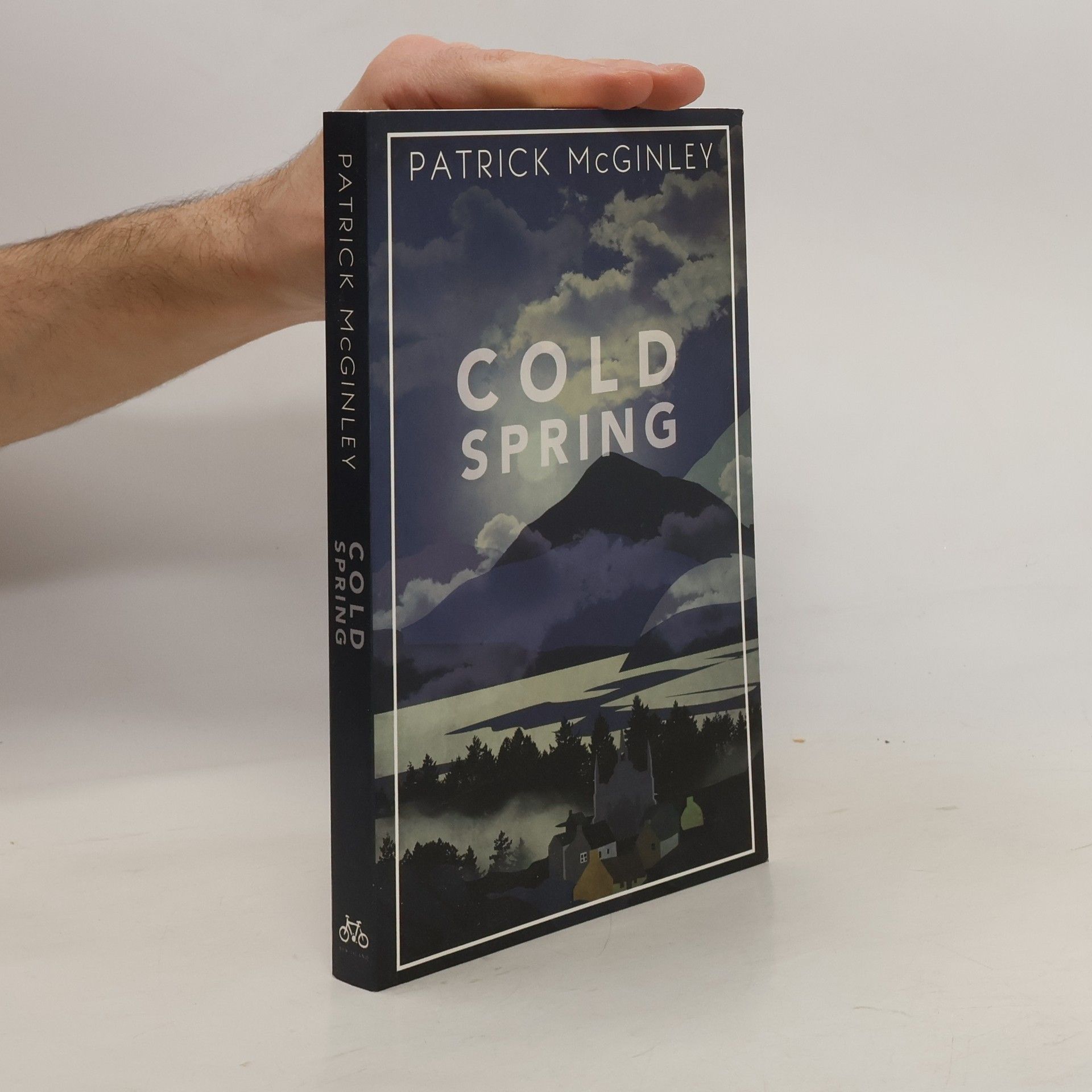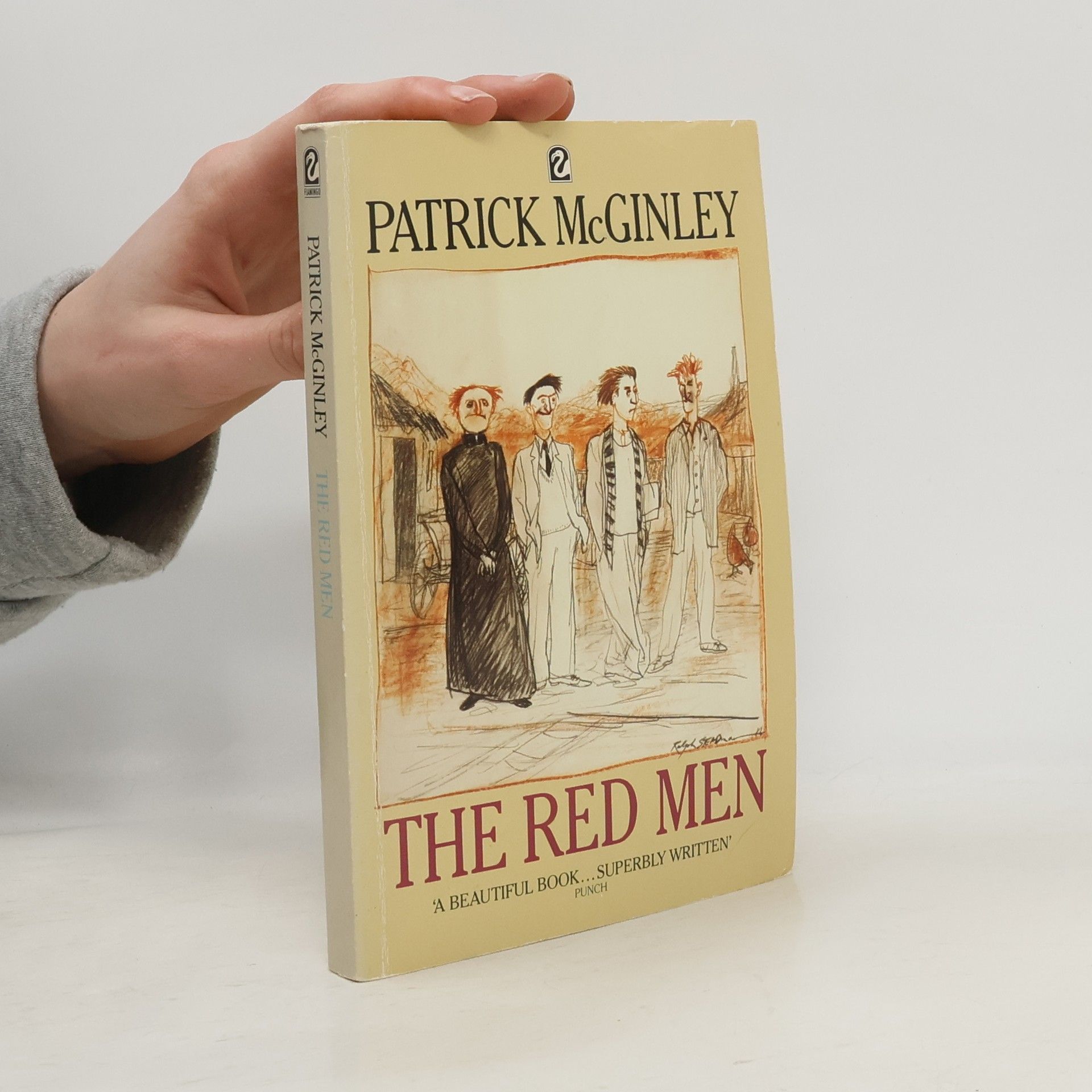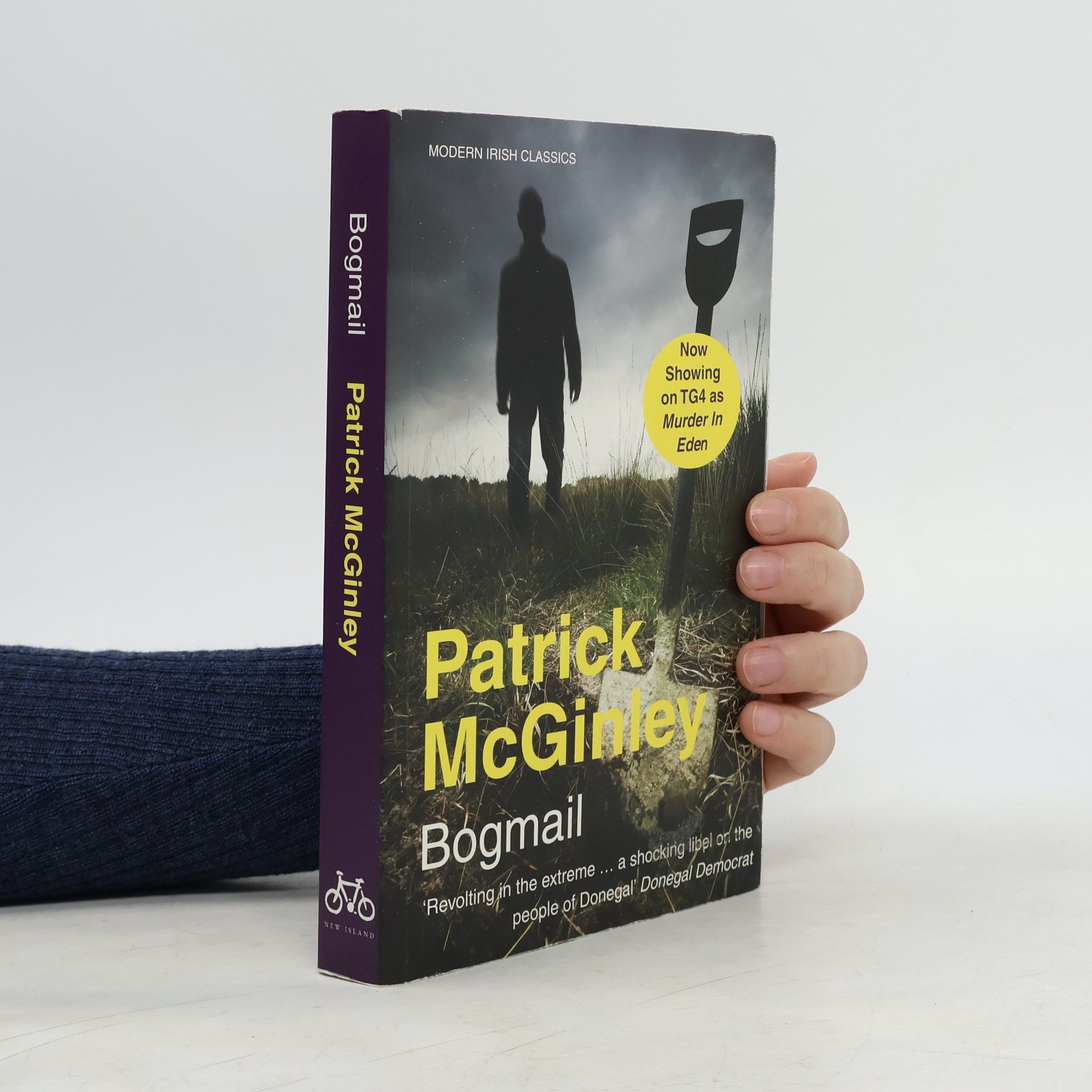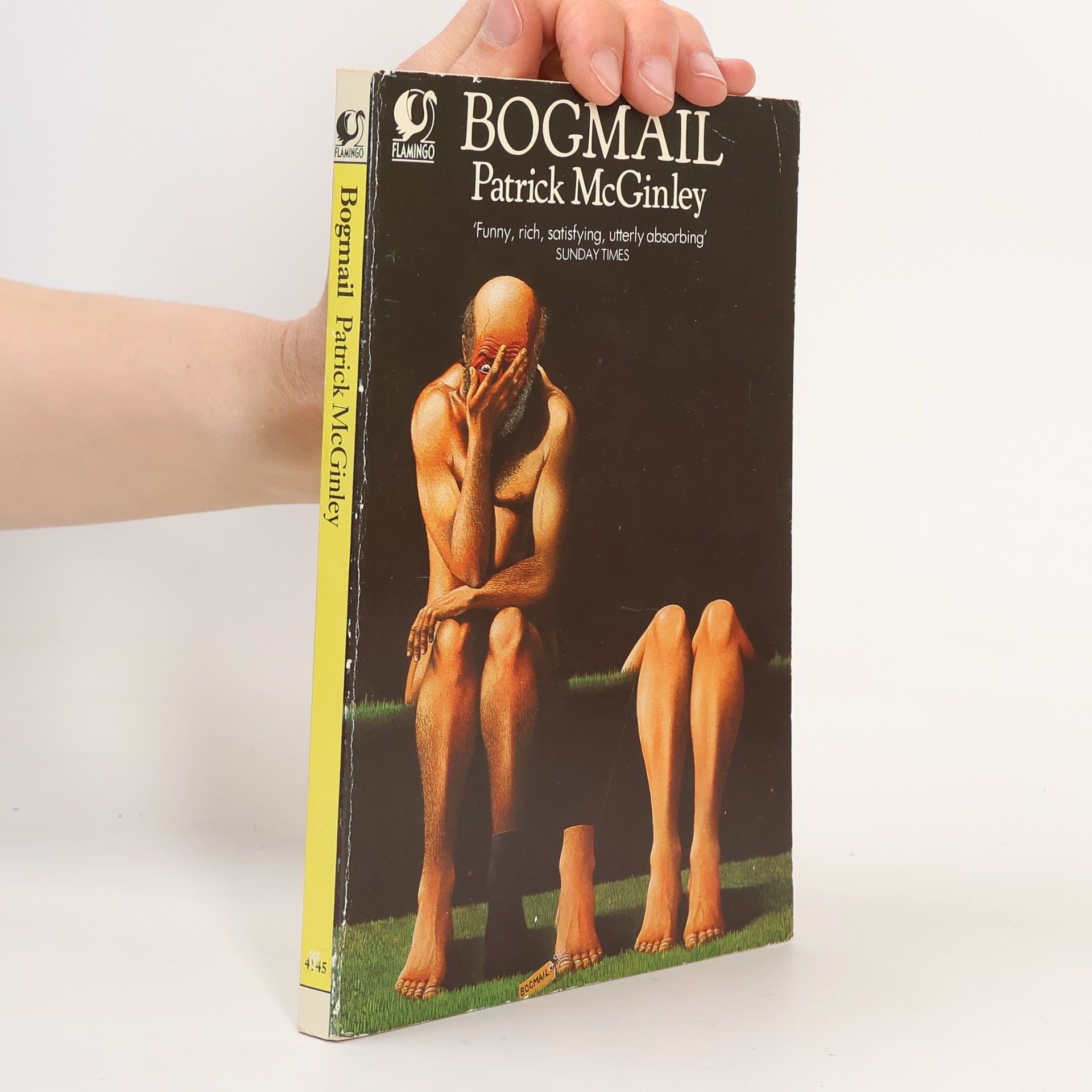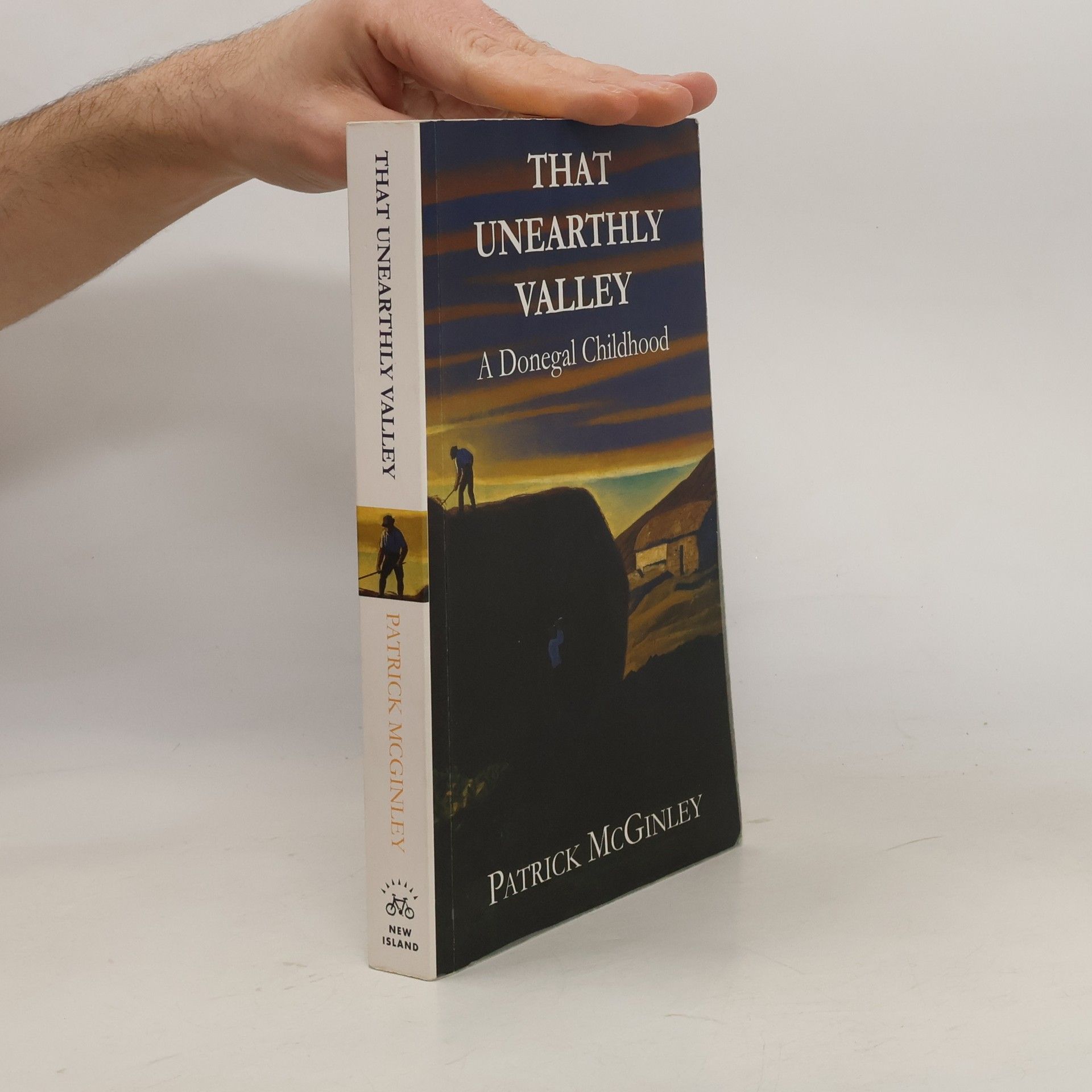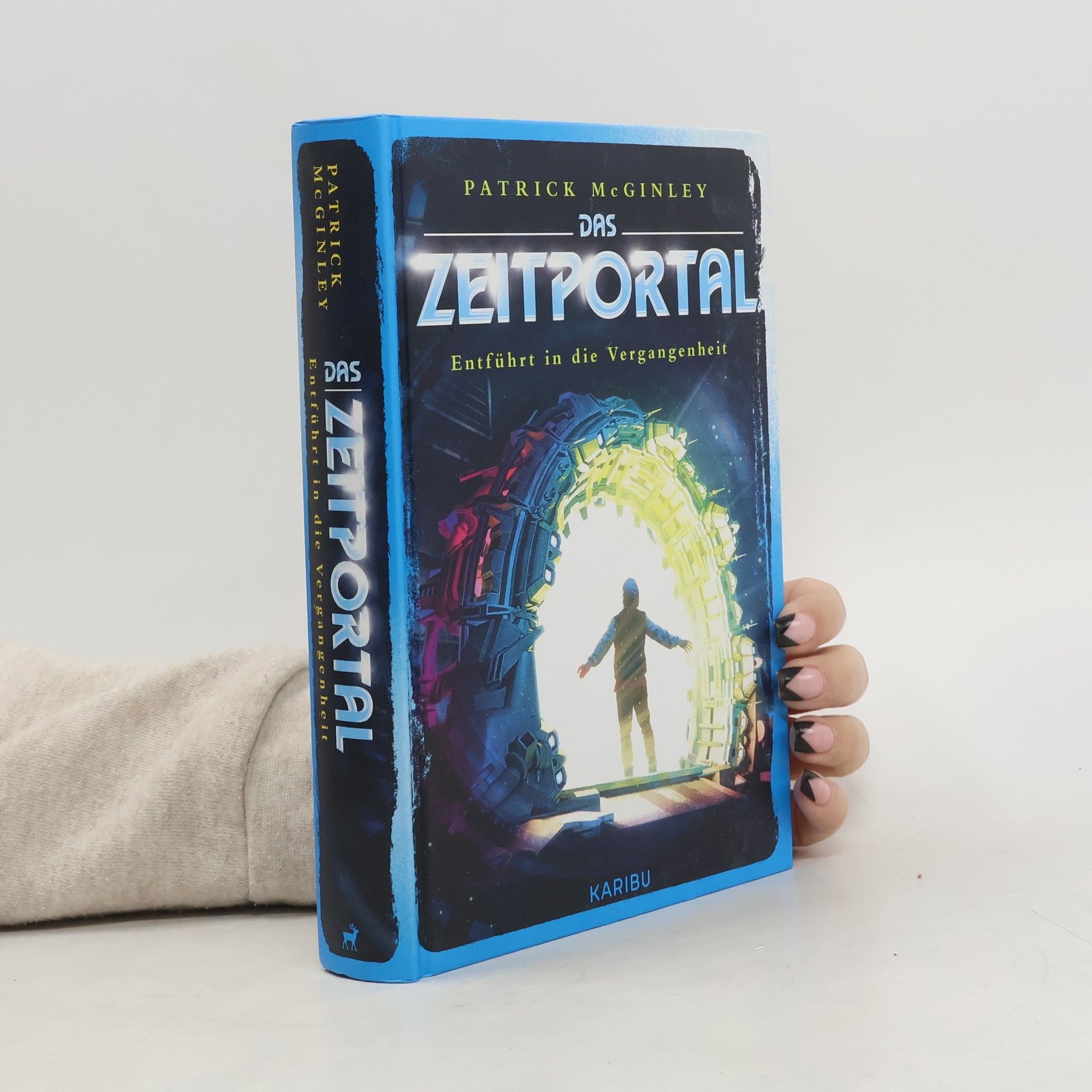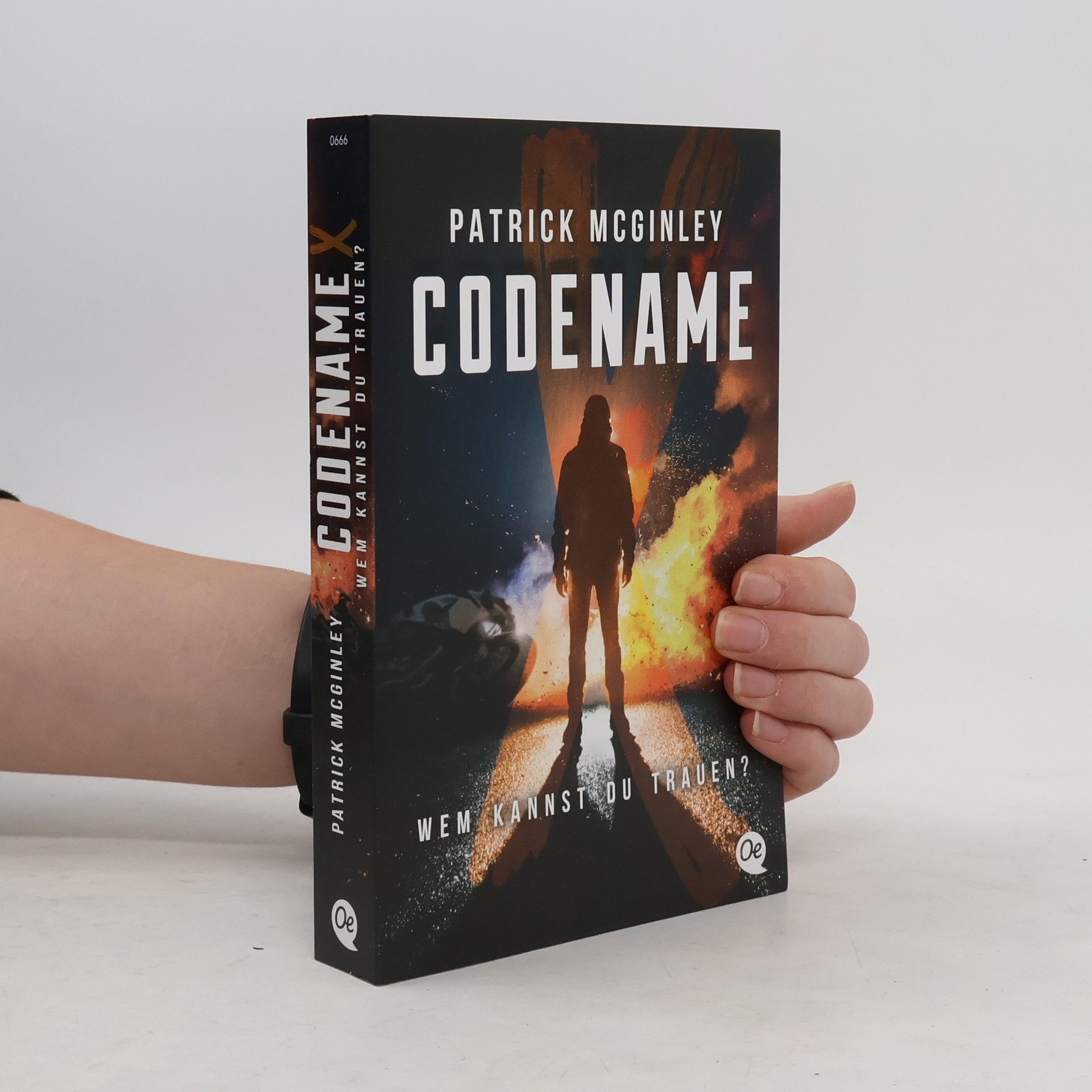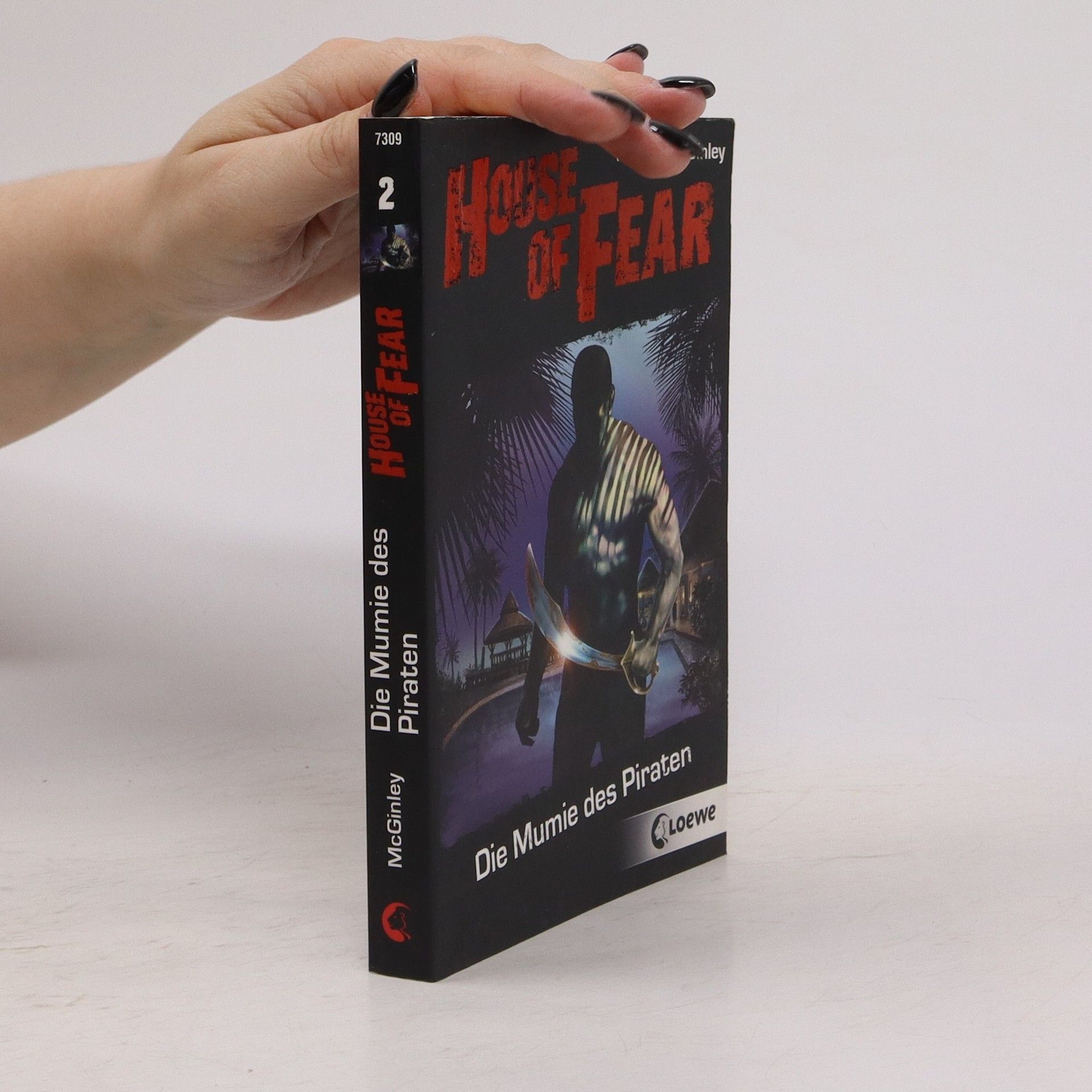Das Sirius-Signal
Spannende und actionreiche Science Fiction für Kinder ab 12 Jahren
- 288 pages
- 11 hours of reading
Der 14-jährige Finn und sein älterer Bruder Oliver könnten unterschiedlicher nicht sein: Während Finn eher schüchtern ist und sich schwertut, neue Freundschaften zu schließen, ist sein großer Bruder allseits beliebt, sportlich und auch in der Schule ein echter Überflieger. Trotzdem sind die Brüder unzertrennlich und teilen ein Interesse für Astronomie , weswegen sie häufig gemeinsam die Sterne durch ihr Teleskop betrachten. Doch als Oliver auf ein privates Elite-Internat wechselt, ist Finn plötzlich auf sich allein gestellt. Und Oliver stellt in seiner neuen Schule bald fest, dass hier etwas Seltsames vor sich geht, denn er wird zu einem geheimen Wettbewerb einer mysteriösen Organisation eingeladen, bei dem die Schüler sich in gefährlichen Aufgaben messen. Und dann verschwindet Oliver plötzlich. Finn macht sich auf eine abenteuerliche Suche … Ein spannender und actionreicher Science-Fiction-Roman über Geschwisterliebe und die Zukunft der Menschheit.

